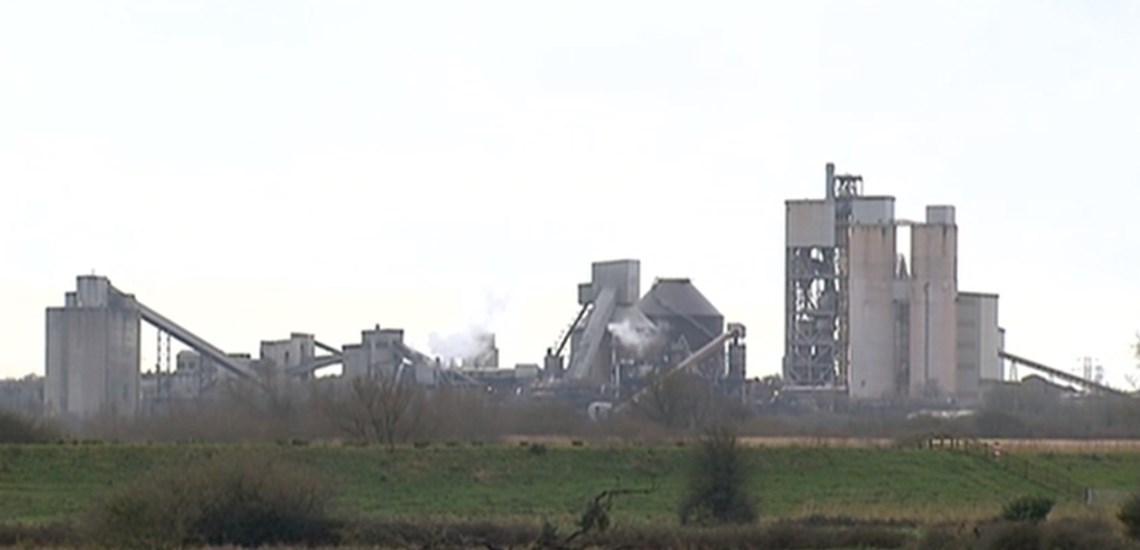Against opposition, Ireland’s EPA approves tyre-derived fuel for Mungret cement facility
Ireland Gets its First TDF Cement Plant
One of the largest consumers of end-of-life tyres is the consumption of Tyre Derived Fuel (TDF) in cement kilns.
The practice has always raised concerns in the locality of the proposed plants, in the UK the Warminster plant was denied the right to use TDF, and in Rugby there are ongoing challenges to TDF consumption.
Ireland had no TDF consuming cement kilns and the move to use TDF had been opposed strongly by activists impacted by the presence of the plant in Mungret.
However, the Irish Environmental Protection Agency has approved the burning of alternative fuels at Irish Cement’s Mungret factory.
The controversial move is part of a 10-million-euro plan at the company’s incinerator, which the company hopes will “help secure the future of the factory”.
It would see fossil fuels replaced with alternative fuels including used tyres, plastics and animal waste tissue.
4,500 people have expressed concern over the plans, while Clare County Council and its counterpart in Limerick also signed a joint submission opposing the proposal.
However, now that the EPA has made its decision, the lead campaigners against the TDF use are unlikely to appeal the outcome due to the costs of litigation.
Claire Keating of the Limerick Against Pollution (LAP) group said that they have been advised that an application for a judicial review of the Environmental Protection Agency (EPA) decision to allow the development, would cost at least €100,000.
After six years of oral hearings and having received over 4,000 objections, the EPA finally gave the green light to the development, subject to over 100 conditions.
Irish Cement is now preparing to implement its plans to switch from burning fossil fuels to industrial waste including used tyres, and animal waste.
Limerick billionaire and philanthropist JP McManus attended oral hearings on the matter in 2017 while his daughter Sue Ann Foley, gave a presentation to the oral hearing last December, in which she outlined her objections to the development.
Ms Keating did not rule out the possibility of LAP seeking support from the McManus family to help fund a judicial review.
“We haven’t spoken to Mr McManus. We have not had any contact with him, nor have we reached out to him. His daughter is an objector, so I am sure she is considering where she goes next. She is a separate objector. She objected to the EPA licence and did a presentation at the oral hearing last December.”
Welcoming the EPA’s approval, Irish Cement’s Mungret factory manager Pat Robinson said: “The entire workforce in Limerick is delighted that there has been a positive conclusion to this extensive review process. The EPA decision provides us with the opportunity to now switch away from the use of imported fossil fuels and play our part in achieving the 2030 alternative fuel target in the Government’s Climate Action Plan.”
A spokeswoman for the EPA said it had approved a licence “for the acceptance of non-hazardous waste materials to be used as alternative fuels and raw materials, up to a maximum of 90,000 tonnes per annum (subject to) more than 100 individual conditions relating to the environmental management, operation, control and monitoring of the installation”.




















